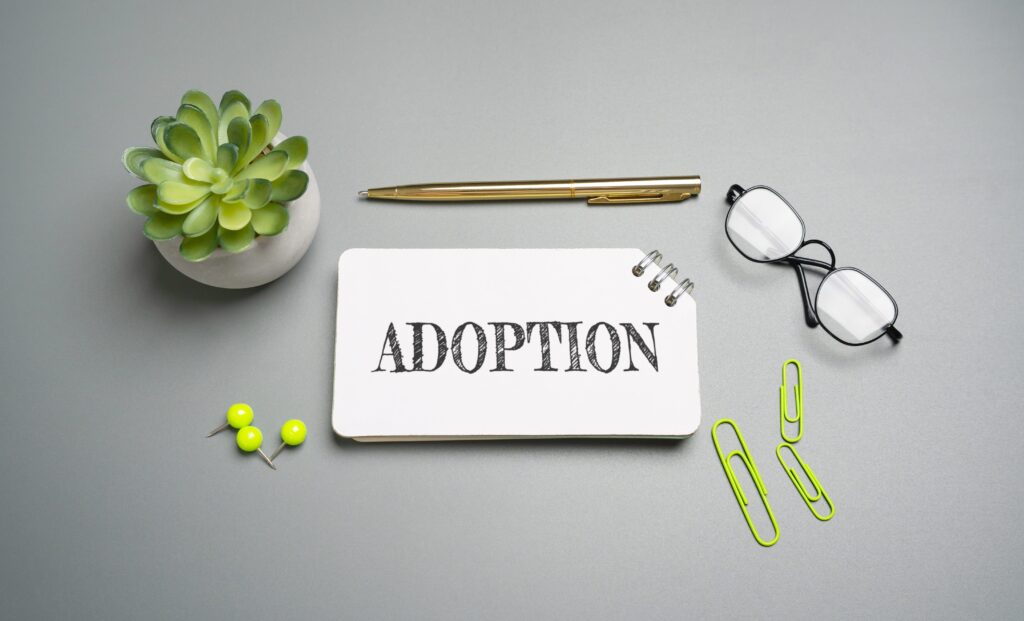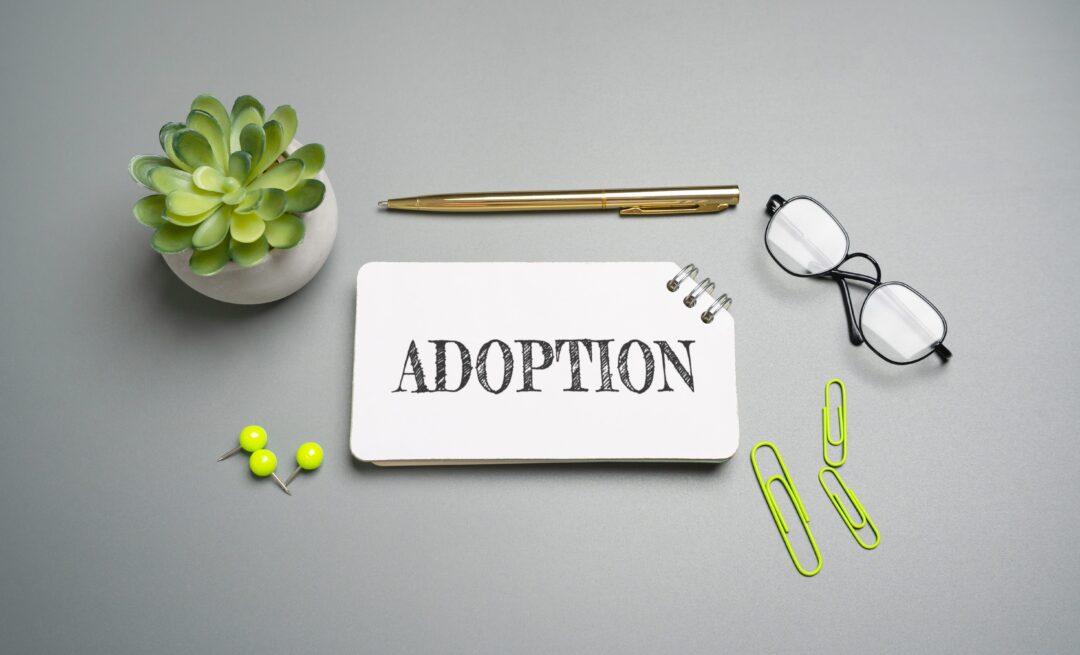
Adopting from foster care in California is a rewarding journey that provides a child with a loving, stable, and permanent home. Unlike private or international adoptions, foster care adoptions typically involve children who have been removed from their biological families due to abuse, neglect, or other circumstances. These children need compassionate families willing to provide them with the security and support they deserve.
The foster care adoption process in California involves legal, emotional, and procedural considerations. Families must meet eligibility requirements, undergo home studies, and navigate state-mandated procedures before finalizing the adoption. While the process may seem complex, it is designed to ensure the best interests of the child. Understanding the key steps involved can help prospective parents move forward with confidence and clarity.
Understanding Foster Care Adoption in California
California’s foster care system serves thousands of children, many of whom are in need of permanent homes. While many foster children are eventually reunited with their biological families, a significant number require adoption when reunification is not possible. Each year, approximately 5,500 children are adopted from foster care in California, and about 2,000 children are actively waiting for adoptive families at any given time.
Adopting from foster care in California differs from private or international adoption because it involves working with the state’s child welfare system. In most cases, adoption from foster care is cost-effective and provides support to adoptive parents throughout the foster care adoption process.
Step 1: Meet the Basic Eligibility Requirements
California law establishes fundamental eligibility criteria for individuals who wish to pursue adopting from foster care in California. To qualify as an adoptive parent, you must:
- Be at least 18 years old
- Be able to provide a stable home environment
- Complete the Resource Family Approval (RFA) process
Unlike some private adoption agencies, the state does not require prospective adoptive parents to be married, have a specific income level, or own a home. The focus is on providing a safe and supportive environment for the child.
Step 2: Complete the Resource Family Approval (RFA) Process
The RFA process is a streamlined system that allows families to become approved as foster parents and potential adoptive parents simultaneously. This process is a critical part of adopting from foster care in California and includes:
- Orientation: Attending an informational session about fostering and adoption.
- Application: Submitting personal and financial information.
- Pre-Approval Training: Completing training that covers topics like child trauma, attachment, and legal rights.
- Home Safety Inspection: Ensuring that your home meets safety standards.
- Comprehensive Psychosocial Assessment: A caseworker will evaluate your family dynamics, lifestyle, and motivation for adoption.
- CPR and First Aid Certification: All prospective adoptive parents must complete these courses.
Once approved, families do not need additional licensing if they choose to adopt.
Step 3: Undergo the Adoption Home Study

The home study is essential to the foster care adoption process, designed to assess whether you are prepared to adopt. During this step, a licensed social worker will evaluate:
- Your household’s financial stability
- Your experience with children
- Your motivation for adoption
- Your ability to provide a safe and nurturing home
The home study also includes criminal background checks and an employment history review. The goal is not to judge wealth or education level but to determine if adopting from foster care in California is the right choice for your family.
Step 4: Matching with a Child
Once approved, you will work with an adoption agency or county social worker to identify a child who is a good match for your family during the foster care adoption process. The process may include:
- Reviewing profiles of waiting children
- Attending matching events or adoption fairs
- Engaging in pre-placement visits with a prospective adoptive child
California prioritizes keeping siblings together whenever possible, so prospective parents may be encouraged to consider sibling groups.
Step 5: Placement and Transition Period
Before finalizing an adoption, the child will be placed in your home for a trial period, which typically lasts about six months, as part of adopting from foster care in California. During this time, social workers will monitor the adjustment and provide support services to help ease the transition. This period ensures that the child and family are forming a healthy attachment before the adoption is legally completed.
Step 6: Finalizing the Adoption
Once the placement period is successfully completed, you will file a petition for adoption in court to finalize adopting from foster care in California. This step includes:
- Submitting legal paperwork, including the child’s new birth certificate details
- Attending a finalization hearing before a judge
- Receiving the official adoption decree
Once finalized, the adoptive parents gain full legal rights as parents, just as if the child had been born into their family.
Costs and Financial Considerations
One of the advantages of adopting from foster care in California is that it is usually low-cost. While private adoption can cost tens of thousands of dollars, adopting through the California foster care system often involves minimal fees, which may include:
- A public agency adoption fee of no more than $500 (which may be waived)
- Fingerprinting and background check fees
- Medical exams and CPR training
- Court filing fees
Additionally, many adoptive parents qualify for federal and state adoption assistance programs, including monthly subsidies and tax credits.
Post-Adoption Support Services
Adoption is a lifelong commitment, and California provides numerous post-adoption support services to help families navigate challenges after adopting from foster care in California. These services include:
- Support groups for adoptive parents and children
- Counseling and mental health services
- Educational advocacy and tutoring support
- Financial assistance programs for children with special needs
These resources ensure that adoptive families have access to ongoing support as their child grows.
Legal Considerations and Challenges

While adopting from foster care in California is a fulfilling experience, it also involves legal complexities that may require legal guidance:
- Termination of Parental Rights: Before a child can be adopted, the birth parents’ legal rights must be terminated, either voluntarily or through court proceedings.
- Interstate Adoption Laws: If adopting a child from another state, the Interstate Compact on the Placement of Children (ICPC) applies.
- Open vs. Closed Adoptions: Some adoptions allow ongoing contact with the child’s biological family, while others do not.
Because of these complexities, consulting with an experienced family law attorney can help ensure the foster care adoption process is completed smoothly and efficiently.
Ensuring a Smooth Adoption Journey
Adopting from foster care in California is a profound way to provide a child with the love, stability, and security they deserve. While the foster care adoption process requires patience and legal navigation, it is a rewarding journey that brings families together.
If you are considering adopting from foster care in California and need legal guidance, contact Moore Family Law. Our experienced attorneys can provide the expertise and support you need to navigate the adoption process with confidence.





